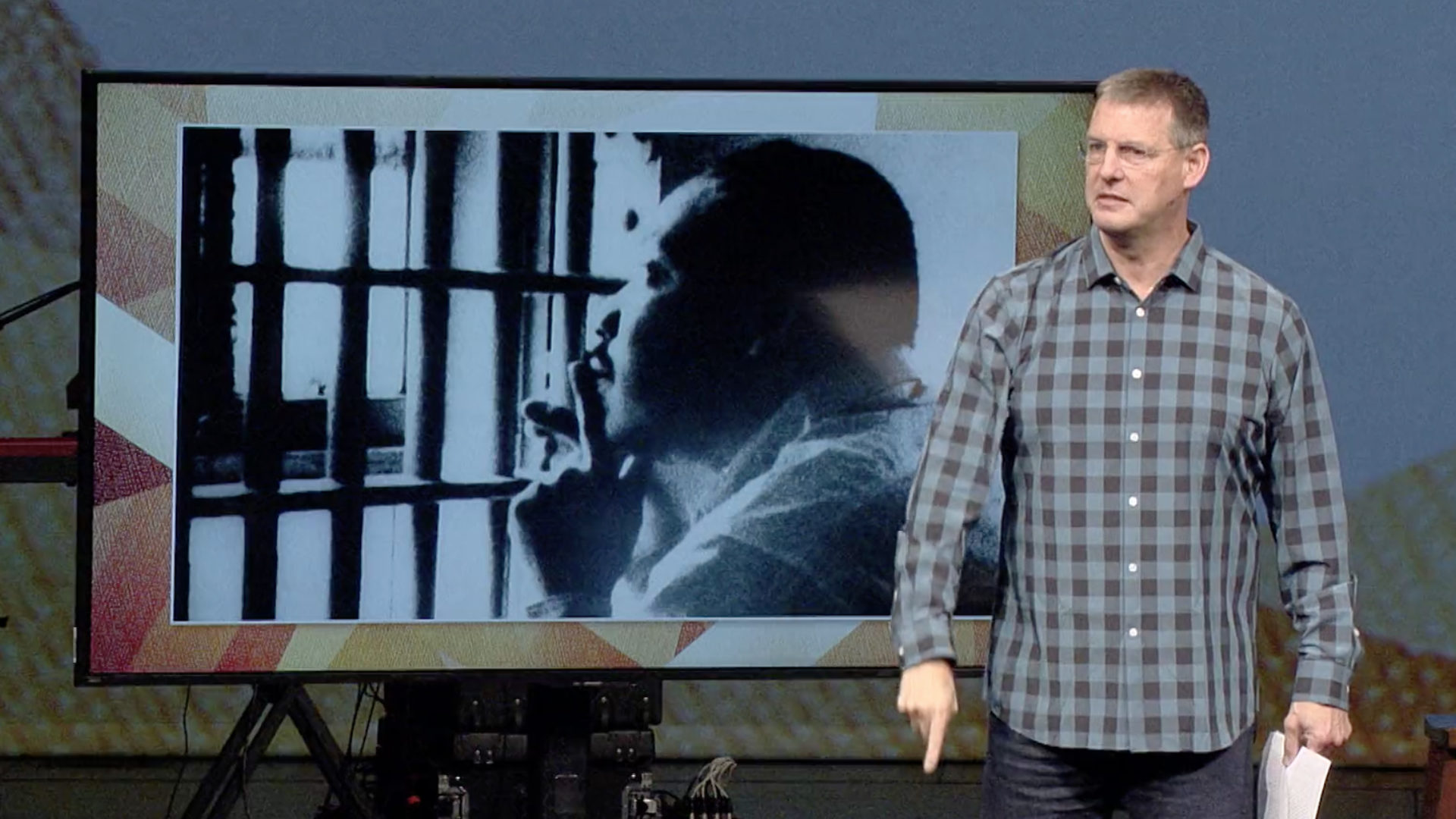The following blog post contains notes and application questions from the "Other Races" message in the series "Can You Relate?" Watch the full sermon here.
Summary
As we finish our series “Can You Relate?”, Todd teaches us about our relationship with race. Being prejudicial isn’t always bad. We are all prejudiced to some extent; sometimes that’s good, and sometimes it’s bad. Regardless of any prejudice, we are all different shades of one color. We are all one race, we are all brothers and sisters, and it has always been that way since the beginning of time.
Key Takeaways
1. Because of our sin, when conflict arises—which is inevitable—we typically resort to one of four unhealthy patterns of communication (WENI):
- Withdrawal
- Escalate
- Negatively interpret
- Invalidate
2. We are all prejudiced to some extent. It’s impossible not to be. Sometimes it’s a good thing, and sometimes it’s a bad thing; but, being prejudicial isn’t necessarily always bad.
3. The word “race” doesn’t show up in your Bible. We are all different shades of one color. We are all one race, we are all brothers and sisters, and it has always been that way since the beginning of time.
4. If we are not continually reconciling with each other we are missing God’s best. We must seek to understand (Proverbs 18:2) and listen to each other before responding (Proverbs 18:13).
Questions for Reflection and Discussion
- How have the environments you’ve grown up in impacted your view on those of other ethnicities? How do your views compare to God’s view?
- Which unhealthy pattern of communication—withdrawal, escalate, negatively interpret, invalidate—are you most prone to?
- What times have there been where someone of another culture made an assumption about your culture and it caused you harm? How has that affected the way you interact with other cultures?
